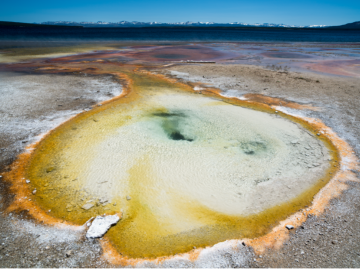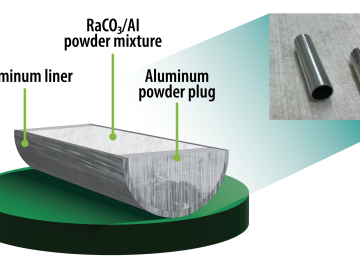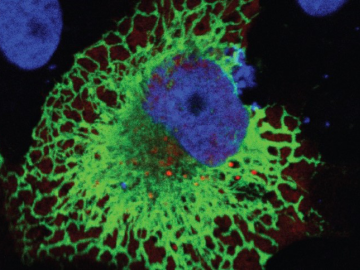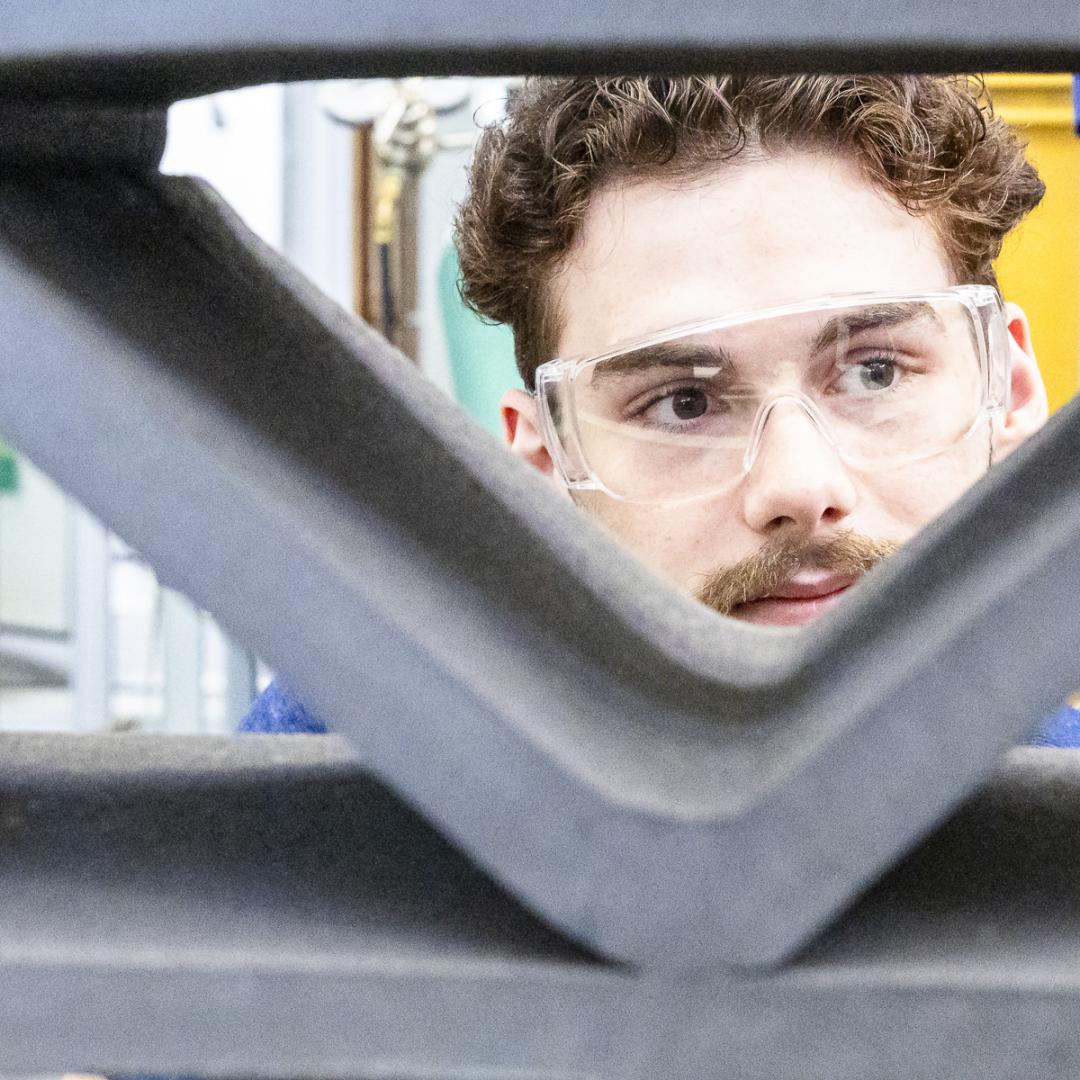Filter News
News Topics
- (-) Biotechnology (2)
- (-) Coronavirus (1)
- (-) Irradiation (1)
- 3-D Printing/Advanced Manufacturing (4)
- Bioenergy (8)
- Biology (6)
- Buildings (4)
- Chemical Sciences (4)
- Climate Change (1)
- Composites (1)
- Computer Science (3)
- Critical Materials (3)
- Decarbonization (4)
- Energy Storage (5)
- Environment (5)
- Grid (3)
- Hydropower (1)
- Materials (5)
- Materials Science (1)
- Mercury (1)
- Nanotechnology (1)
- Neutron Science (5)
- Polymers (1)
- Quantum Computing (3)
- Quantum Science (2)
- Simulation (2)
- Sustainable Energy (6)
- Transportation (8)
Media Contacts

Oak Ridge National Laboratory scientists studied hot springs on different continents and found similarities in how some microbes adapted despite their geographic diversity.

Oak Ridge National Laboratory researchers have developed a method to simplify one step of radioisotope production — and it’s faster and safer.

Oak Ridge National Laboratory scientists exploring bioenergy plant genetics have made a surprising discovery: a protein domain that could lead to new COVID-19 treatments.




